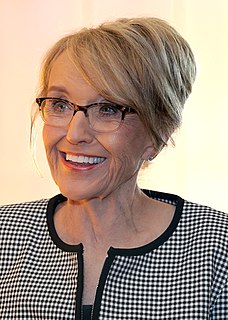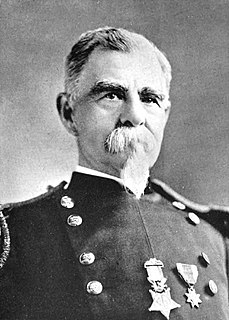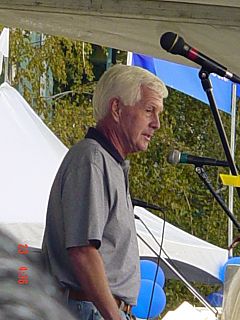A Quote by Lorne Greene
It's not an easy job, but the satisfaction an actor feels when he has done a good job and the money make it worth while.
Related Quotes
I feel like being an actor it is a great way to do your job and be a parent, because you have a lot of freedom. You have a job and then the job ends and than maybe you don't have another job for a while or maybe you chose not have another job for a while. For an actor, it's like maybe you don't see your kid for two weeks while you are filming but then you might have three months off where you are at home every day and picking him up from school. I find it's a great thing.
There are only two stimulants to one's best efforts-the fear of punishment, and the hope of reward. When neither is present, one can hardly hope that salespeople will want to be trained or want to do a good job. When disappointment is not expressed that one hasn't done a better job, or when credit is withheld when one has done a good job, there is absolutely no incentive to put forth the best effort.
The vigour of civilised societies is preserved by the widespread sense that high aims are worth while. Vigorous societies harbour a certain extravagance of objectives, so that men wander beyond the safe provision of personal gratifications. All strong interests easily become impersonal, the love of a good job well done. There is a sense of harmony about such an accomplishment, the Peace brought by something worth while. Such personal gratification arises from aim beyond personality.




































